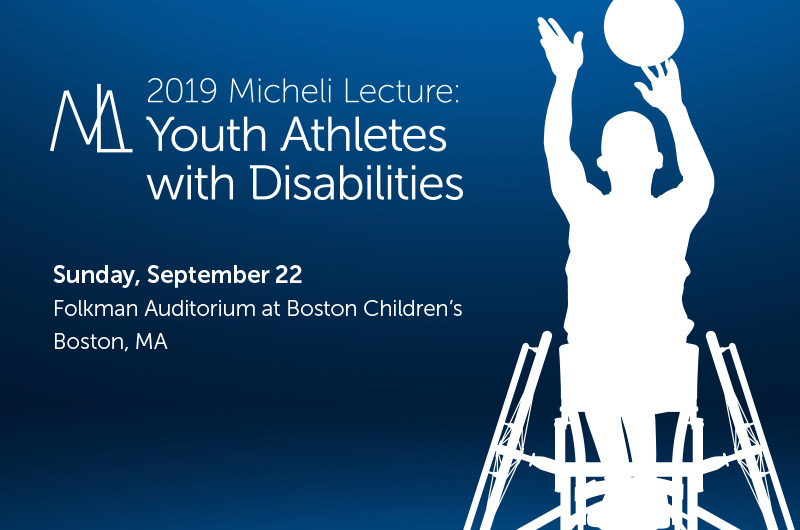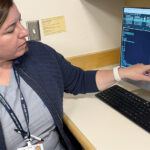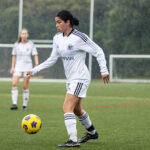From local teams to elite athletics: Caring for youth athletes with disabilities
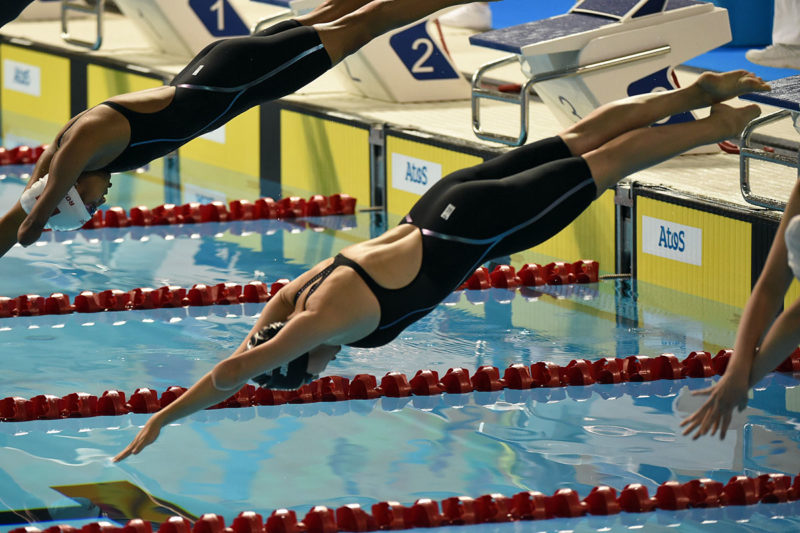
Anna Johannes considers herself lucky. “My swim coaches were oblivious to my disability — in a good way,” says the U.S. Paralympic medalist. Anna, who joined Boston Children’s Hospital as a cause marketing coordinator in 2018, was born with amniotic band syndrome, a condition that led to the loss of her left hand and forearm. She started swimming when she was 2, joined a local team when she was 6, and competed against able-bodied athletes throughout her childhood. Her determination and success eventually led her to the Olympic Training Center in Colorado Springs and a bronze medal in the 2012 London Paralympic Games.
Nonetheless, when she needed care, many of Anna’s providers seemed unprepared to treat her. Physical trainers and physical therapists focused on Anna’s right side, ignoring the side with a disability. “They didn’t focus on me as a whole,” she says. Over time, her right side became significantly stronger than her left. A shoulder injury put an end to her training for the 2016 Paralympics in Rio. By then, the imbalance between her right and left sides had caused a slight curve in her spine.
Addressing a gap in medical knowledge
This scenario doesn’t surprise Dr. Mary Dubon. Dr. Dubon recognized the need for specific medical training on sports medicine for youth with disabilities, a gap that she noticed during physical medicine and rehabilitation residency. This led her to pursue subspecialty training in both pediatric rehabilitation medicine and pediatric sports medicine, embarking on an effort that drives her to this day: to provide optimal care for, help expand the knowledge of, and help educate other providers in the care of youth athletes with all types of disabilities. Based on her expertise, Dr. Mininder Kocher, chief of the Sports Medicine Division, asked Dr. Dubon to co-direct the 2019 Micheli Lecture: Youth Athletes with Disabilities.
Each year, the Micheli Lecture explores a specific aspect of sports medicine. The event on Sept. 22 will cover the breadth of the care of youth athletes with physical, intellectual, developmental, and sensory disabilities. “One in four individuals will have a disability at some point in their lives,” says Dr. Dubon. “As medical providers, all of us will take care of patients with disabilities, whether it’s the primary focus of our specialty or not.” This conference aims to familiarize all participants with important considerations for this population.
Clinical considerations in an emerging field
In addition to Dr. Dubon and Dr. Kocher, this year’s Micheli Lecture will feature experts on a wide range of clinical topics. Dr. Cheri Blauwet, a Paralympic athlete and director of the Kelley Adaptive Sports Research Institute, will describe the emerging field of adaptive sports medicine.
Other clinical highlights:
- Dr. Priya Chandan, Global Clinical Advisor of Special Olympics MedFest, on clinical considerations for athletes with intellectual disability, including pre-participation screening and sports injuries
- Dr. Dennis Kramer and Kathleen Strawn on shoulder injuries in wheelchair athletes
- Dr. Anna Maria Baglieri and Joe Walsh on youth athletes with low vision
Athletes on creating opportunities for the next generation
Conference attendees will also hear from athletes, many of whom are creating opportunities for the next generation of athletes with disabilities. ESPY award winner Tyler Lagasse, a Special Olympics athlete and author, will address the power of sport for youth with intellectual and developmental disabilities.
Wrapping up the event, Anna and Tyler will join an athlete panel discussion with, among others, college football player Chase Buckman, and Joe Walsh, president of Adaptive Sports New England.
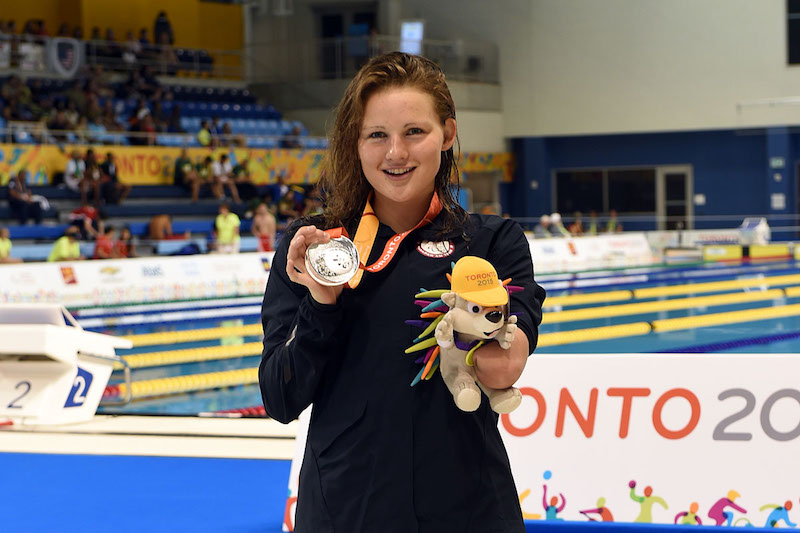
Inclusive Sports Day, Sept. 30
In follow up to the Micheli Lecture, Boston Children’s will host Inclusive Sports Day, a showcase of local resources and opportunities for athletes with disabilities. The event, scheduled on Sept. 30, is open to anyone, from athletes and coaches to parents and people who just want to learn.
“Someone once told me that people tend to listen to respond, rather than listening to learn,” says Anna. “Inclusive Sports Day is a chance to learn and get involved.”
Learn more and register for the 2019 Micheli Lecture: Youth Athletes with Disabilities.
Related Posts :
-

Ask a sports medicine specialist: Why are ACL tears so common among female athletes?
When an athlete is sprinting after an opponent who suddenly stops or changes direction, their anterior cruciate ligaments (ACLs) make ...
-

Forging a path back to school after orthopedic trauma
Orthopedic trauma can force children to miss school, sometimes for an extended period. But even when patients have regained enough ...
-

Jackie’s dreams of playing professional soccer back on track after ACL surgery
From her dorm in Newcastle, England, Jackie Zapata can hear fans roaring in the soccer stadium a few blocks away. ...
-

What orthopedic trauma surgeons wish more parents knew about lawnmower injuries
Summer is full of delights: lemonade, ice cream, and fresh-cut grass to name a few. Unfortunately, the warmer months can ...


